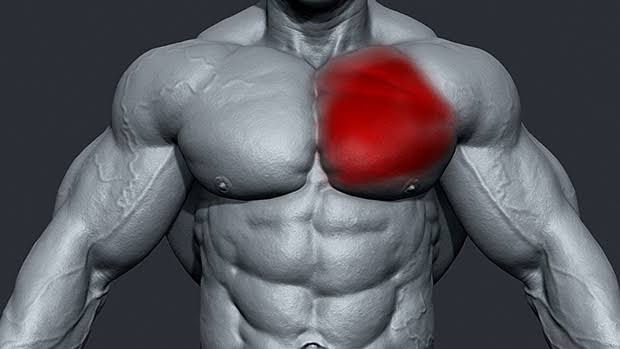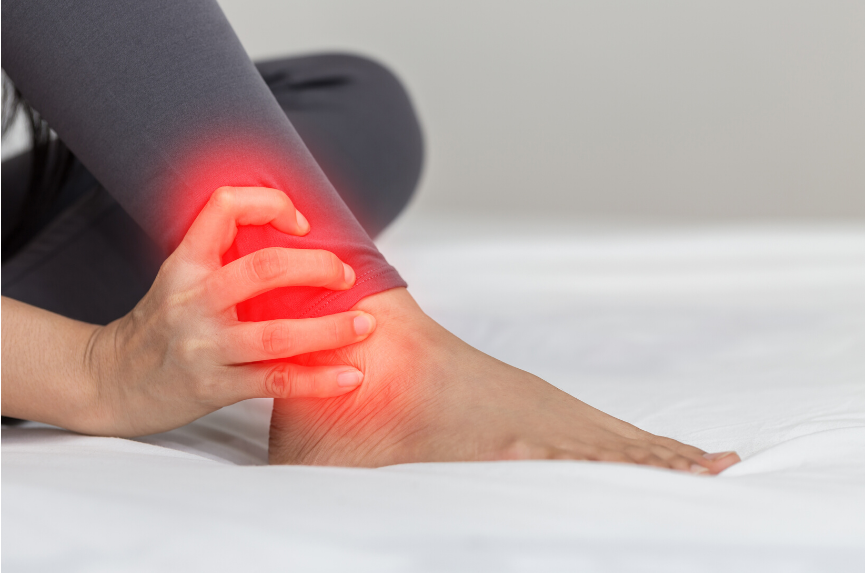Pec Injuries: How to ‘chest’ and treat one.
- Christopher nour

- Oct 24, 2023
- 2 min read
The pectoral muscles, located in the chest, are responsible for movements of the arm, such as lifting and rotating. Pectoral injuries are common in athletes and individuals who engage in physical activities, causing pain and discomfort in the chest. Pectoral injuries can range from strains to tears, and it's essential to understand the causes, symptoms, and treatment options to ensure proper recovery.

Symptoms of Pectoral Injuries:
Pain and discomfort in the chest, especially when lifting the arm
Bruising and swelling in the affected area
Weakness or instability in the chest
A popping or snapping sensation during the injury
Difficulty moving the arm
Causes of Pectoral Injuries:
Overuse or repetitive motions
Sudden movements or lifting heavy objects
Direct impact or injury to the chest
Ageing and degeneration of the muscle
Treatment for Pectoral Injuries:
In many cases, pectoral injuries can be treated with rest, ice, and physiotherapy. However, if the injury is severe, surgery may be required to repair the damage. Physiotherapy is an effective method for treating pectoral injuries as it helps to reduce pain, improve range of motion, and strengthen the affected chest.
Benefits of Physiotherapy for Pectoral Injuries:
Reduces pain and inflammation
Improves range of motion and flexibility
Strengthens the affected pectoral muscle
Prevents future injuries
Helps return to normal activities
Our physiotherapy program for pectoral injuries typically involves a combination of exercises and techniques, including:
Stretching and range of motion exercises
Strengthening exercises to rebuild muscle and joint stability
Massage and manual therapy to improve circulation and reduce pain
Ice and heat therapy to reduce swelling and pain
Electrical stimulation to aid in healing and improve strength
Pectoral injuries can cause significant discomfort and affect daily activities. However, with proper treatment, including physiotherapy, most individuals can recover from pectoral injuries and regain their full range of motion and strength. If you suspect you have a pectoral injury, it's essential to seek the advice of a medical professional to receive a proper diagnosis and treatment plan. Physiotherapy can play a crucial role in ensuring a successful recovery and preventing future injuries. To get started, contact us today, and our experienced physiotherapists will help you.



Comments